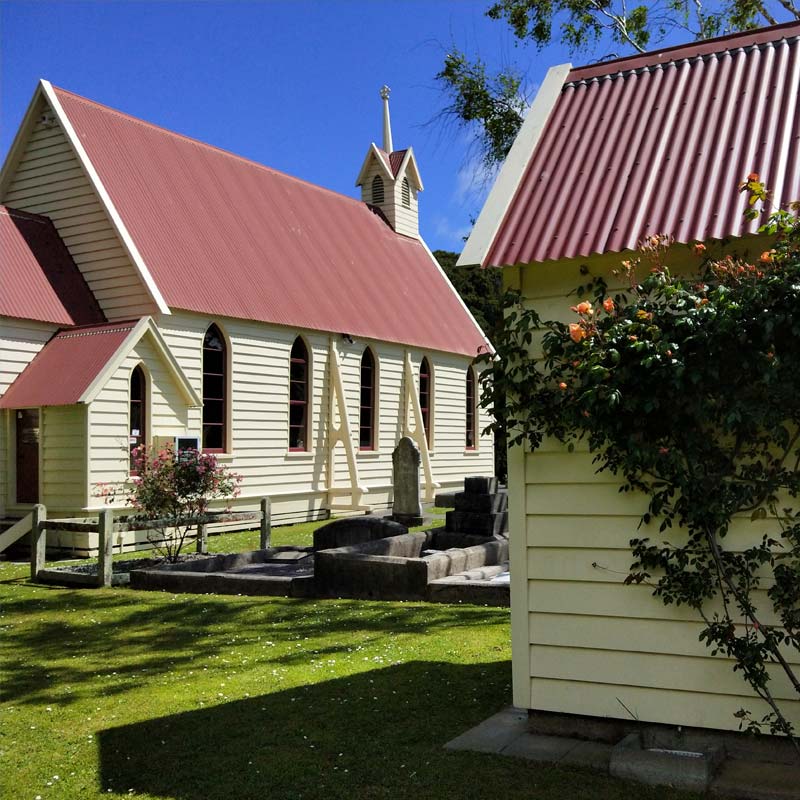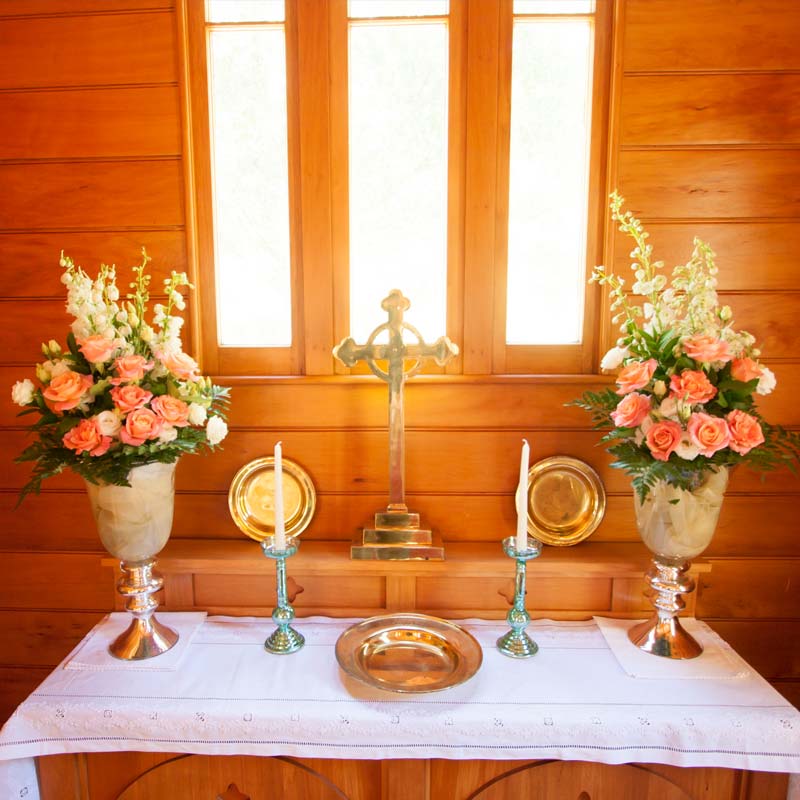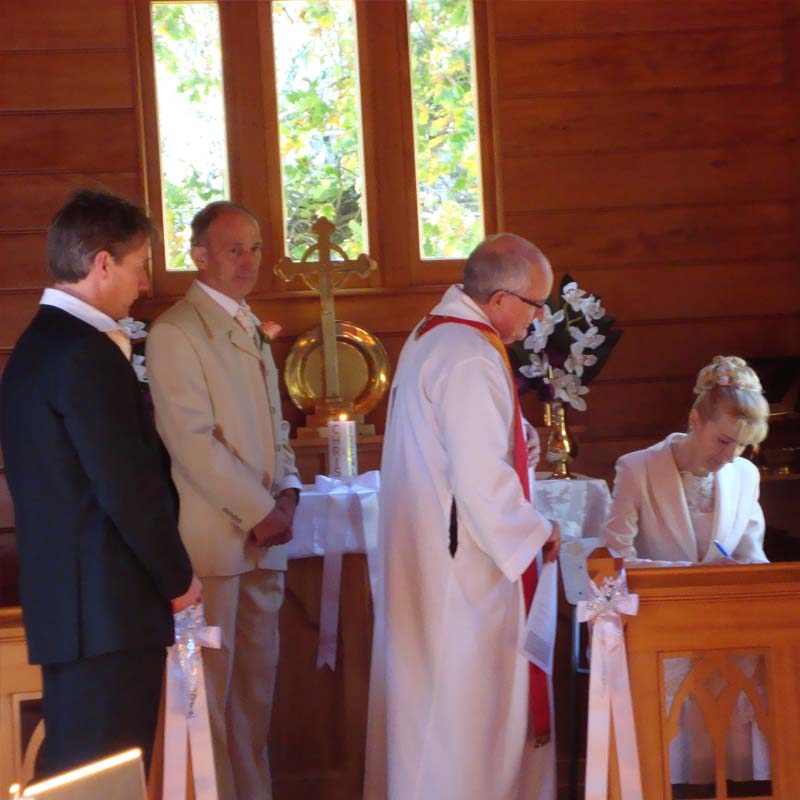Evening Post 5 March 1921
HUTT BRIDGE OF 1846-47
THE NATIVE REBELLION
(By W. A. Edwards, Historical Secretary, Early Settlers” and Historical Association.)
A most interesting chapter in the history of the early settlement around Port Nicholson is shown in some documents that have recently been brought to light through the courtesy of Mr. J. Percy, of Petone. They refer to the erection of the second bridge over the Hutt River in 1846. I will not refer to the actual site of this bridge in relation to the present one, there being too much uncertainty about that. We know from reports in papers of that time that the original bridge built by the New Zealand Company was in a bad state of repair, and many complaints were made as to what would happen to the settlers should the whole structure collapse — at that time throrgh the threatening behaviour of the Natives. The stockade had been erected near to the original bridge, and the traffic over was very heavy; it was feared that the taking across of the “guns” mounted in or near the stockade would be too big a strain. However such a catastrophe did not occur, and the old bridge stood long enough for use after the new one, which was erected some 110 feet higher up the river, was completed. As we have a copy of the original tender for the erection of this bridge I will give the same in detail:—
1st.
To erect the bridge with abutments and superstructure of totara timber £385 0s 0d
Deduct value of old bridge £20 0s 0d
£365 0 0
1st.
An alternative tender to erect the bridge with the abutments of totara or mai, and the superstructure of white pine £370 0s 0d
Less value of old bridge £20 0s 0d
£350 0s 0s
2nd.
To roof and weatherboard the new bridge £85 0s 0d
3rd. To erect the cut water for £30 0s 0d
(Signed) J. H. Percy and Son.
March, 1840.
By a letter dated 2nd April we see that the tender for the erection of a bridge of totara timber over the river Hutt and a cut-water for improving the course of the river, both amounting to the sum of £395, had been accepted. Then follows the manner in which payments shall be made. It is signed, W. Richmond, Superintendent. Everything seemed in order for the contractors to proceed with the work of building, which was to be completed by 30th October, 1846, there being a penalty of £20 per week after that time. Our settlers were living in troublous times, and Messrs. Percy and Sons suffered with others through the troubles and anxieties caused by the Native rebellion, and a want of knowledge of New Zealand timber.
A petition addressed to His Excellency the Governor of New Zealand explains the whole position. It sets forth that “through unforeseen misfortunes caused by the Native rebellion on the Hutt soon after the contract was taken, they present to His Excellency”s notice the difficult position in which they were placed as regards the completion of the job in the time specified (an extension of time had already been given. The petition goes on to say: We have very little money and too short a time to complete the work. The great and sudden advance of wages and the scarcity of hands since the contract was taken has completely ruined us; likewise the decay of all the timber of the old bridge, which was intended to be cut up and used for the joists, and floor of the new one, and for the cut-water as specified, the new timber of which will cost us £35; also the double expense of iron plates; and bolts, for the superstructure, not being able to get such long lengths of totara timber as specified. Iron at the time the contract was taken was £14 per ton; now it is £28. We therefore humbly solicit a favour from Your Excellency for two or three weeks more extension of time, and, if it should please Your Excellency, for a little more money to complete the bridge in a workmanlike manner. Relying on Your Excellency”s well-known humanity.— Your petitioners, etc.” This petition is dated 19th February, 1847. It must be told that in reply His Excellency granted the extension of time requested, and made a grant of an additional £50 towards the cost, etc. There follows a detailed account of the actual cost of materials and labour, etc., the following being some of the items:— Labour on foundations, £110; iron work on foundations, viz., pile shoes, bolts, and spikes £27; 27,000 feet of timber in foundations, at £4 per 1000, £108; 15,000 feet of totara for superstructure, at £4 per 1000, £60; 3000 feet white pine for same, at £4 per 1000, £l2. The total cost, being the actual cost of labour and material, amounted to £562 3s 10 1/2d. Tender for building bridge, etc., £395, plus grant of £50 from Sir George Grey, £445, shows a net loss of £117 3s 10 1/2d on labour and materials. Valuing their own labour of superintending the work for six months at £72, this shows a total loss to Messrs. Joseph Percy and Son of £189 3s 10 1/2d.
A little further explanation might be interesting. The contract was entered into in March; the work could not be commenced until November, the sawyers being compelled by the Natives to leave the cutting of the timber in the bush; the decay of the timber in the old bridge (white pine); the sudden advance of wages occasioned, by the calling up of the militia, made a great alteration in the price of carriage, labour, and all materials used in building.
With all these adverse circumstances the “firm” with that “grit” which characterised our pioneer settlers, made good, and finished this particular job in a creditable manner, both to the contractors and the people of the Hutt. Another contract this same firm completed on the Hutt River some three years earlier, and of which we have the documentary record, was the erection of the windmill for Mr. F. A. Molesworth, that erection which some in our own time remember having seen. The present generation can see it in the sketches and drawings which we have of Mr. Molesworth”s farm on the banks of the river. The site of the mill is no more, this, like the site of several other buildings of historic interest, having been washed away by encroachments of the river. The contract for the erection of this mill, labour only (all materials to be delivered on the spot), was £75. Builders and contractors of to-day should consider this. The usual wage — skilled labour —was then 6s 6d per day, according to sundry statements dating from 1843 to 1850.
Wedding Venue Bookings
To book a wedding email
or phone Daphne Daysh 04 977 2055 or 027 687 2055



